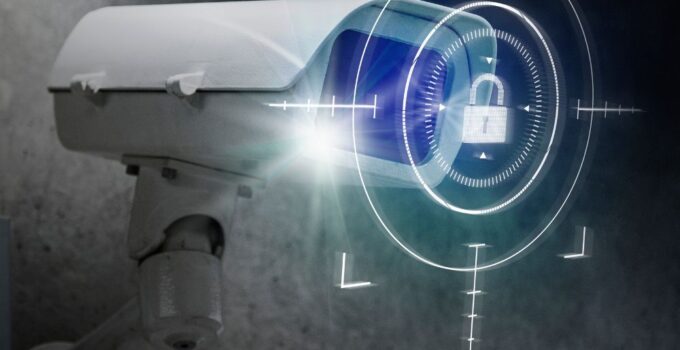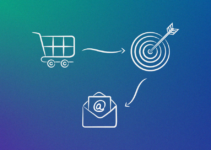In today’s rapidly changing world, the security of your business property is more important than ever before. With rising crime rates and sophisticated technological threats, businesses of all sizes must take proactive measures to protect their physical assets, sensitive information, and employees from potential damages.
By understanding the best security measures available and implementing the right strategies, business owners can mitigate risks and create a safe and secure environment for their organization.
One crucial aspect of safeguarding your commercial property is to conduct a thorough risk assessment. By identifying and analyzing possible threats, business owners can prioritize vulnerabilities and develop a tailored security plan to address these areas efficiently. In addition, staying up-to-date with the latest security trends and technologies plays a significant role in ensuring your chosen measures remain effective against evolving threats.
Another effective strategy is to adopt a multi-layered security approach that addresses various potential entry points and methods used by criminals. This includes implementing physical security measures such as surveillance cameras, access control systems, and alarm systems, as well as deploying cybersecurity measures to protect sensitive data and online operations. By combining multiple layers of defense, businesses can deter potential intruders and ensure that they are better protected against a wide range of threats.
Page Contents
Physical Security Enhancements

Source: secut.rs
Perimeter Fencing
Strong perimeter fences are essential for businesses seeking to protect their property. Fencing options vary, but the most effective types include:
- Chain-Link Fencing: Affordable and durable, chain-link fencing is a practical choice for many businesses. This fencing can be enhanced with additional features like barbed wire or razor wire to deter intruders.
- Ornamental Iron Fencing: Combining security with aesthetics, ornamental iron fencing is both sturdy and visually appealing. However, it can be more expensive compared to chain-link fencing.
- Palisade Fencing: With a design that includes vertical steel bars, palisade fencing is difficult for intruders to climb. This type of fencing offers exceptional security at a higher cost.
Surveillance Systems
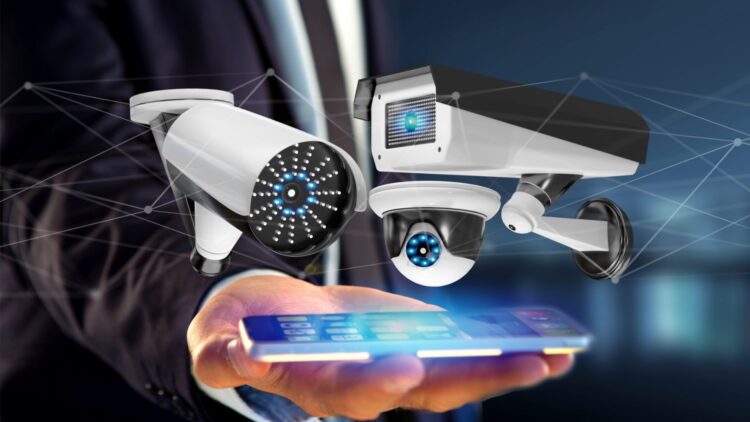
Source: nordencommunication.com
Surveillance systems are vital tools for monitoring activity on and around your property. Identifying potential threats early helps prevent incidents and allows for a quick response. Key features to consider when choosing a system include:
- Camera Type: Wired vs. wireless, 4K vs. 1080p – each option has its benefits.
- Night Vision: Infrared technology allows cameras to capture clear images in low light conditions.
- Remote Viewing: Accessing live camera feeds from mobile devices or computers adds an extra layer of convenience and security.
Access Control
Controlling access to your business property is essential to maintaining security, and there are numerous solutions available:
- Electronic keycards: Restricted access with keycards ensures that only authorized personnel can enter your property.
- Biometric scanners: Using fingerprint or facial recognition, these systems provide an added layer of security and eliminate the risk of lost or stolen keycards.
- Intercom systems: Visitors seeking entry can communicate with staff, who can then remotely grant access after verifying their identity.
Security Lighting
A well-lit area deters would-be intruders and ensures clear surveillance footage. When selecting security lighting, consider the following options:
- LED Lighting: Energy-efficient and long-lasting, LEDs are a cost-effective solution for businesses looking to illuminate their property.
- Motion-activated Lighting: Lights only activate when they detect movement, conserving energy while still providing visibility.
Cybersecurity Strategies
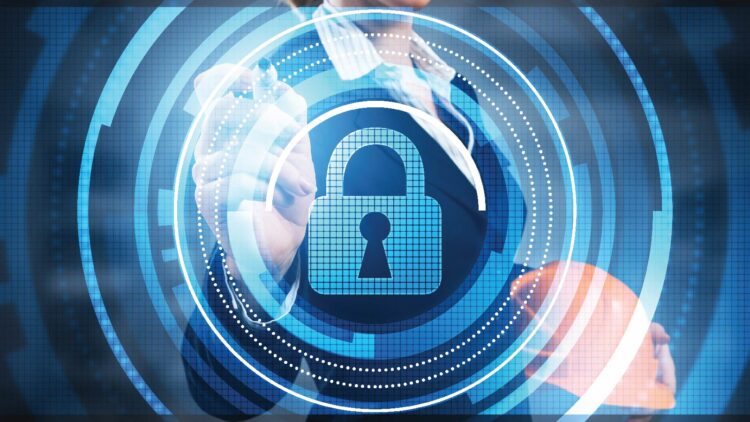
Source: itsecuritywire.com
Firewall Implementation
Implementing a robust firewall is an essential first step to ensure the security of your business’ digital infrastructure. A firewall acts as a barrier between your internal network and external threats, actively monitoring and filtering traffic to block unwanted access. Consider implementing both hardware and software firewalls to maximize protection.
Regular Software Updates
Keeping your software up-to-date is crucial in protecting your business from cyber threats. Developers regularly release security patches for known vulnerabilities that hackers can exploit. Consider automating updates when possible to reduce the likelihood of oversight. Have a consistent schedule to update:
- Operating systems
- Antivirus software
- Web browsers
- All other applications
Employee Training on Cyber Threats
Employees play a vital role in maintaining a company’s cybersecurity. By offering regular training, your workforce will be more aware of potential threats and take precautions in their daily activities. Designating an internal cybersecurity liaison can also help employees understand and adhere to best practices. Topics to cover should include:
- Recognizing phishing emails
- Creating strong passwords
- Identifying social engineering tactics
Secure Wi-Fi Networks
A secure Wi-Fi network is essential for safeguarding sensitive information. By implementing these cybersecurity strategies, your business property will be better protected from a wide array of digital threats. Below are some steps to enhance the security of your network:
- Change default settings: Default router settings pose a security risk as they can be easily exploited. Update usernames, passwords, and network names.
- Encryption: Enable the strongest encryption protocol available for your router (e.g., WPA3).
- Disable remote management: Limit access to your router’s admin interface by disabling remote management.
Emergency Preparedness
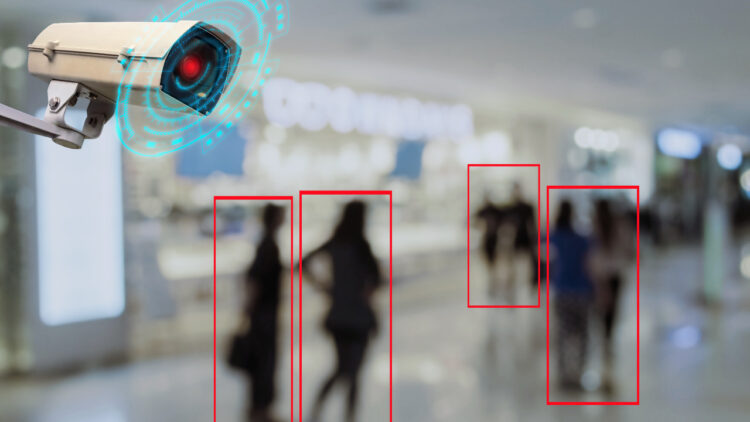
Source: dekom.com
Alarm Systems
A critical component of emergency preparedness is a robust alarm system. Businesses should invest in high-quality alarm systems that detect and alert for intrusions, fires, and other hazards.
- A central monitoring station should continuously monitor your property and notify emergency responders when needed.
- Alarm systems should be equipped with motion detectors, glass break sensors, and door/window contacts to ensure comprehensive protection.
- Be sure to carry out regular maintenance and testing to ensure your alarm system functions optimally.
Evacuation Plans
Well-designed evacuation plans are essential for protecting your employees and customers in the event of an emergency. Consider the following steps when developing an evacuation plan:
- Identify emergency exits, escape routes, and designated meeting points
- Create a clear, easy-to-understand visual diagram of the evacuation plan
- Train employees on evacuation procedures and execute regular drills
- Update the evacuation plan as necessary, particularly when significant changes occur in your building structure or personnel
Backup Power Supplies
A reliable backup power supply is crucial for maintaining business continuity during power outages or other emergencies. Backup power can help mitigate potential losses and ensure the safety of your employees and customers.
- Consider investing in an automatic standby generator that activates as soon as a power outage is detected.
- When choosing a generator, ensure that it provides an adequate power output to sustain your business operations during an emergency.
- Establish a maintenance schedule for your backup power system to ensure that it remains in excellent condition and is always ready for use when needed.

